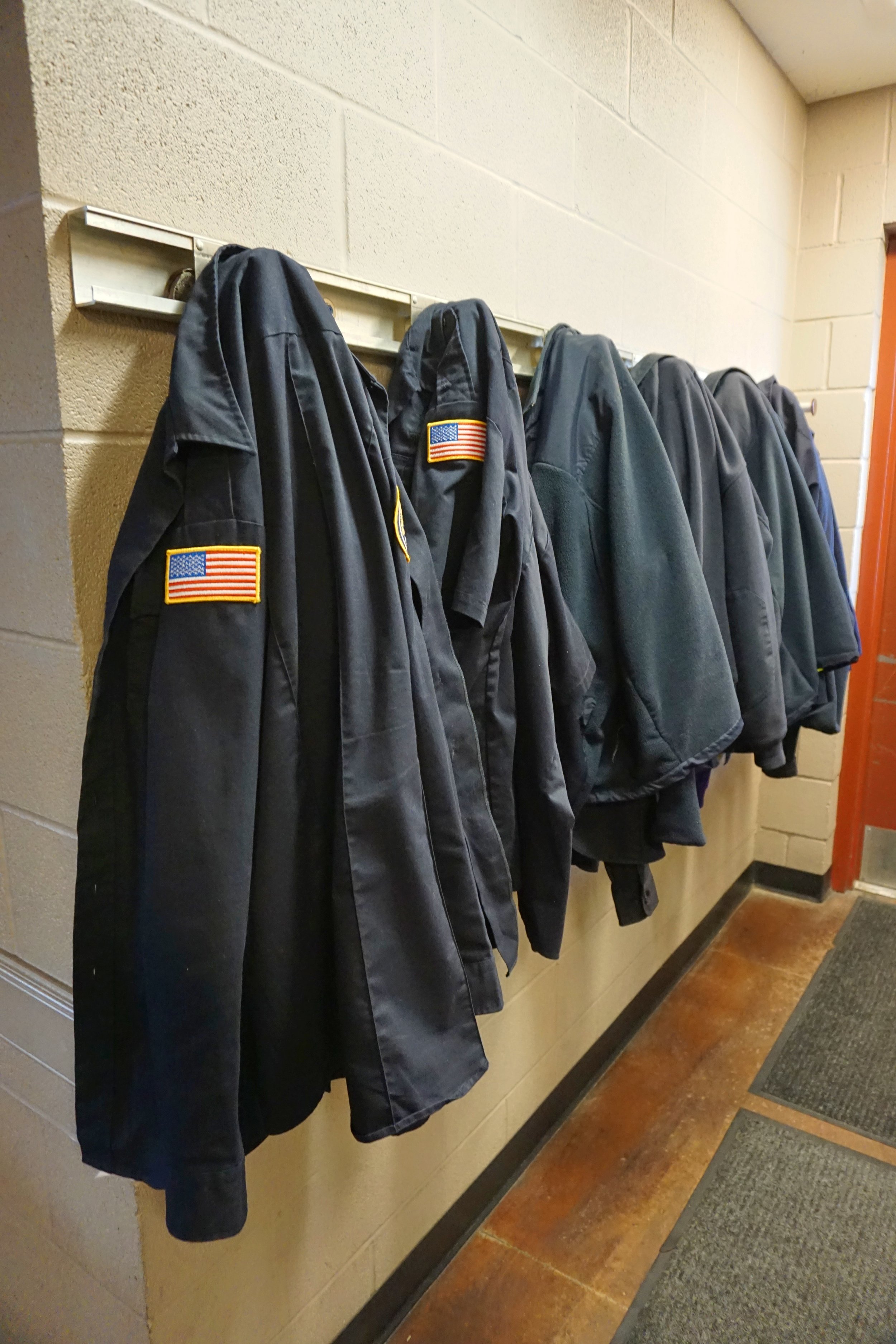Emergency Planning and Response
Everyone from time to time is impacted by disasters whether they are caused by natural causes or are generated by humans. In our communities it is important to plan and coordinate efforts before hand so that we are prepared in the face of these events. The job of emergency manager is to coordinate using a cooperative system, which includes private business, volunteers, government agencies, and other public and private groups, to provide efficient responses to disasters to protect lives and property.
Hazard mitigation planning is most effective when forethought is put into the planning process. Hazard mitigation plans for each county are created every five years to aid in this planning. The plans increase education and awareness around the areas most pertinent to the region, build partnerships for risk reduction, look at long term approaches to risk reduction, and communicate sources of funding for mitigation projects.
Emergency Managers in the Western Upper Peninsula
Heidi DeRosso
Emergency Services Coordinator hderosso@gogebic.gov 906.667.1118
Jeffrey Hubbard Emergency Manager/911 Director baraga911@baragacounty.org 906.524.6100
Houghton & Keweenaw Counties
Gogebic County
Baraga County
Hazard Mitigation Plans
Other Resources
Community Resilience Tools
The Rural Hazard Resilience Tools (RHRT) were developed for emergency managers, community planners, other community leaders, and community members to use to plan for flooding events. The project involves a visualization tool, Google Earth Engine flood mapping program, and a crowed-sourced flood photo submission tool. Learn more about the program and view the tools below.
Vernon Jones Emergency Services Coordinator vjones@ironmi.org 906-845-0650
Iron County
Ontonagon County
Mike Kochner Emergency Services Coordinator 906-884-4980 emontonagon@jamadots.com




